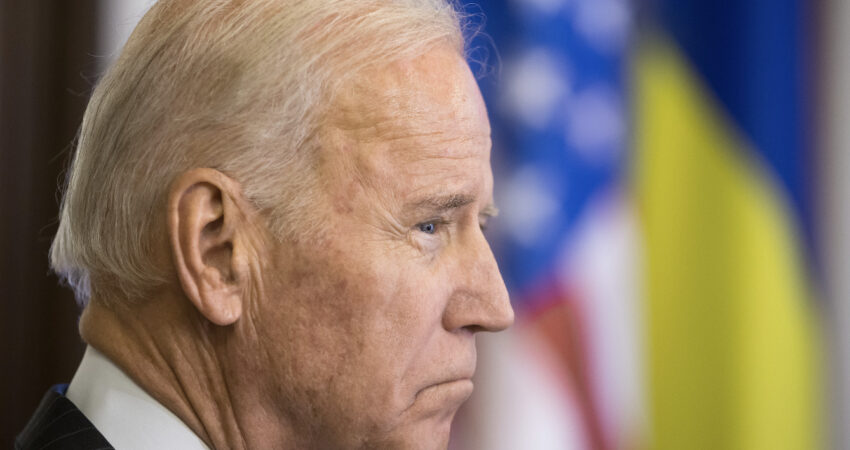The Supreme Court is set to deliberate on an impactful case, Moore v. United States, concerning the federal government’s ability to tax certain unrealized gains, particularly related to a $14,729 tax bill faced by Charles and Kathleen Moore. The couple’s investment in an India-based company, KisanKraft Machine Tools, became subject to taxation under the Tax Cut and Jobs Act, leading to the dispute over their tax obligations based on post-1986 holdings in the company.
The Moores’ contention revolves around the narrow interpretation of the 16th Amendment, aiming to challenge the government’s tax assessment on their ownership of a portion of the company. Lower courts had previously dismissed their case, citing the broad powers granted to Congress by the 16th Amendment to levy taxes on incomes “from whatever source derived.”
This case holds wider implications due to its alignment with Democratic proposals aimed at taxing the ultrawealthy. President Biden’s initiatives include the billionaire minimum income tax, which faces opposition and skepticism from several quarters. Former House Speaker Paul Ryan and libertarian groups, such as the Cato Institute, have expressed concerns that a ruling in favor of the Moores might have far-reaching consequences, potentially affecting a significant portion of the U.S. Tax Code.
The core of the dispute revolves around the concept of unrealized gains and whether an “income” tax can be imposed solely on realized gains. The Justice Department argues that the Moores’ argument regarding the mandatory repatriation tax as a tax on property does not align with the tax’s terms or historical practice, presenting a key contention in the case.
Aside from the legal intricacies, ethical concerns have surfaced, prompting calls for Justice Samuel Alito’s recusal from the case due to perceived conflicts arising from favorable descriptions of Alito in articles co-written by one of the Moores’ lawyers. Alito, however, has dismissed these demands, stating that there is nothing unusual about the interviews in question.
President Biden’s budget proposals have suggested imposing a minimum 25% tax on taxpayers with assets exceeding $100 million annually, irrespective of asset sale. While Biden hasn’t fully embraced a wealth tax like those proposed by Senator Elizabeth Warren, his proposals aim to target high-income earners.
The outcome of Moore v. United States is anticipated to have considerable implications, with the Supreme Court expected to issue its decision by the end of June.





